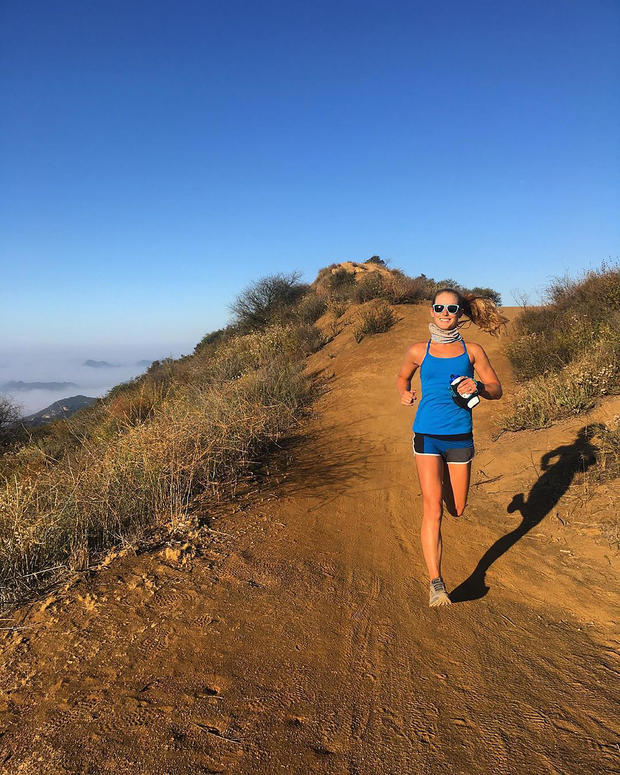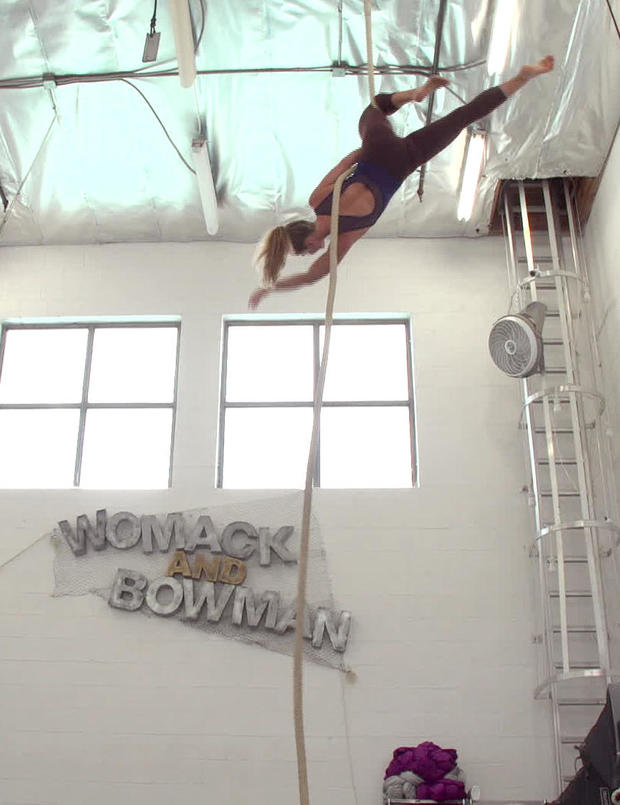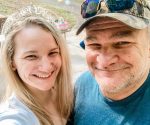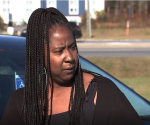How tenacity helped a triathlete with rheumatoid arthritis “to not give up”
[ad_1]
Whether it’s the high of ultra running or the descent in aerial dancing, Reesa Partida is in it for the challenge.
“I’ve always been a competitive person,” Partida told CBSN, adding, “It’s just fun to push myself to do better than myself. Not even better than other people, but I just want to beat my time from last year.”
The California high school dance teacher has been racing since childhood, but these days, Partida is pushing the limits with triathlons and 50K trail races. As recently as Saturday, she ran the Bishop High Sierra Ultra 53K race in under six hours.
@_reesa_ann_
“Once you start, you just fall in love with the trails, and if I have a choice to ever run on dirt or pavement, it’s always dirt. Especially out just in a mountain somewhere,” Partida said.
Among her biggest supporters and running partners is her mother, Lora Zagnoli. When Partida was 11 years old, she witnessed her mother finish her first 100-mile race at the Angeles Crest 100.
“I didn’t really comprehend what had happened, but it was pretty awesome. … She would do adventure races and some triathlons and I was just like, ‘Yeah, I dig that,'” Partida said. The rest is running history.
Ultra runners and triathletes are different breeds of people, Partida said, but she described herself as a “combo” of the two. “It’s really fun just to get out there with other sort of crazy people who want to do the same thing as you.”
While constantly in motion, Partida has also run into her fair share of health hurdles. Around 2014, her hand became so swollen “it looked like Mickey Mouse’s glove.”
“Eventually it was because of my toes were hurting so bad. I went to a clinic on the weekend and got an X-ray because I had a 20 mile race coming up… and I was like, ‘Am I going to like break something if I run?'” Partida recounted.
She went on to finish that race. But she was eventually diagnosed with rheumatoid arthritis, an autoimmune disease that impacts an estimated 1.3 million adults in the United States.
“I remember calling my fiancé that day, like walking out of the office like crying. … You don’t expect to hear that when you’re 25 and, you know, going to be a dance teacher. So that was like really rough to hear that the first time and it took a while to really let it sink in,” Partida said. But her doctor reassured her that she would still be able to race and stick to her passions.
CBS News
“She’s like … ‘We’re going to manage it, and because you’re so active and it’s like a blessing and a curse that it started young because we caught it young so we can treat it for longer. So it shouldn’t progress like any sort of way that will be detrimental to you doing all the things that you do,'” Partida said.
She started taking her medications and eventually resumed running and dancing. Now as a teacher and coach, Partida’s story of resilience helps inspire others.
“The idea of having tenacity is something that my mom and I talk about a lot, and sometimes we’ll even like write it in Sharpie on our arms when we’re racing,” Partida said. “I’ve found that the best way to encourage others to kind of go for things and not give up is to first like show them that it’s possible to not give up. So just the way that I live my life, I like to be an example.”
Partida said having rheumatoid arthritis helped her appreciate her body more.
“When it’s not working great, I notice, and it’s a bummer. But when I can do things and it’s like, I’m feeling strong and good and like, this is a beautiful gift that I’ve been given to be able to dance, to be able to do aerial, to run, to do all the things,” Partida said.
[ad_2]
Source link












